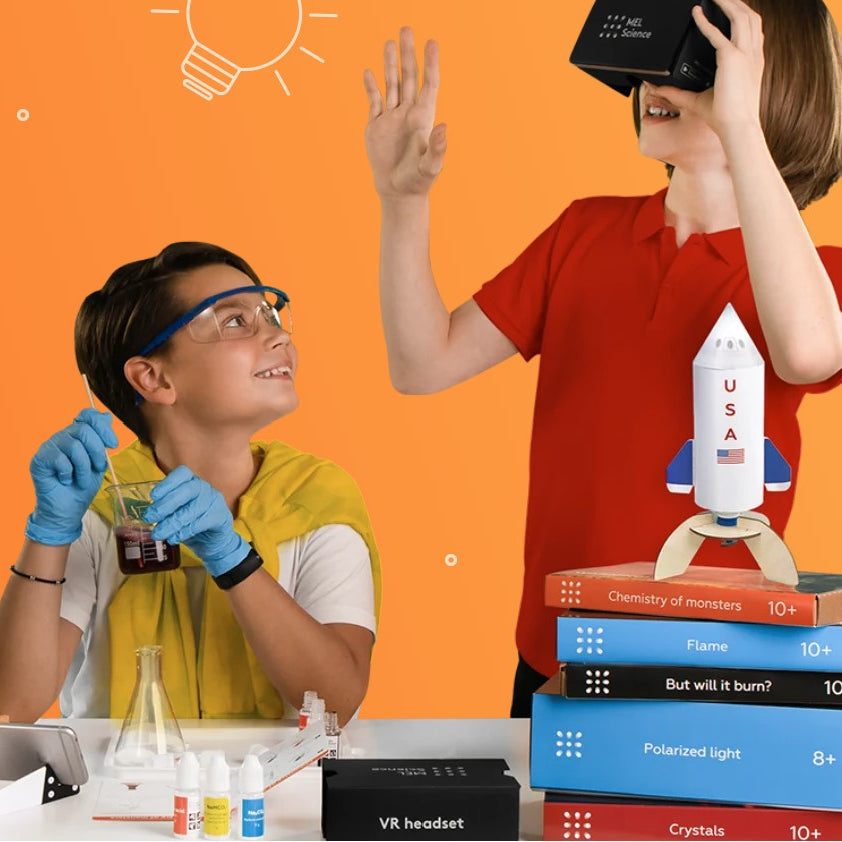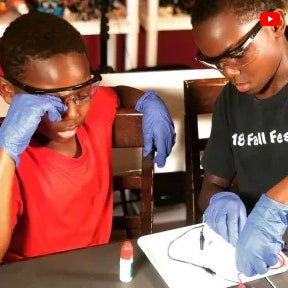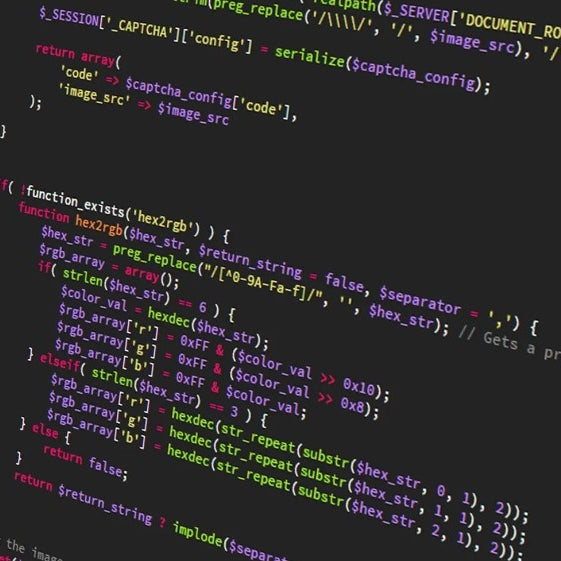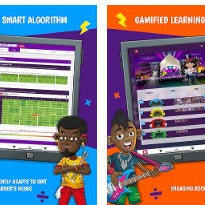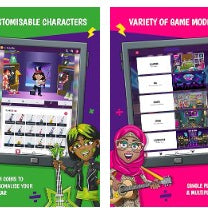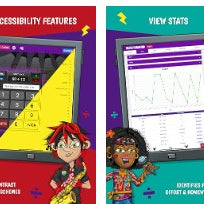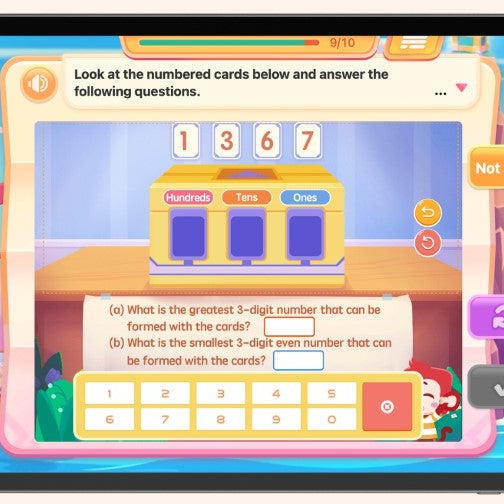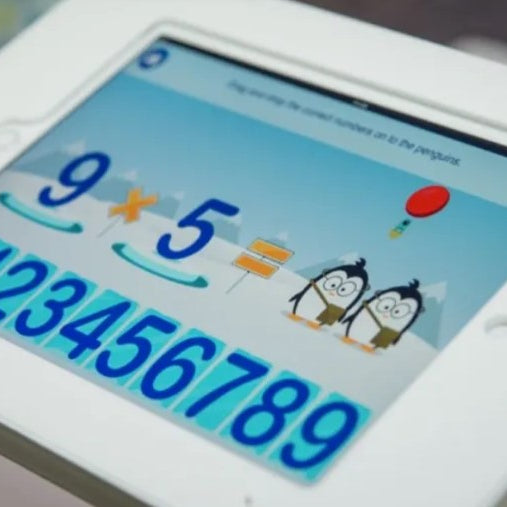Could you truly educate your children in just 2 hours of homeschooling a day, or even less, and use tools like AI for homeschool success? The short answer is a resounding "yes!" And the longer answer? It’s a beautiful, messy, unpredictable, and yes, sometimes glitter-covered journey. This isn't about rushing through lessons or cutting corners; it's about intentional, interest-led learning that prioritizes curiosity over curriculum and empowers your children to thrive.

I homeschooled my children from first grade all the way through high school graduation. They even graduated early—not because we were on some frantic academic race, but because they had genuinely learned what they needed and were ready to embark on their own adventures. No pomp and circumstance required (though a celebratory cake was definitely involved!). So, when people ask if two hours a day is truly sufficient, I simply smile and nod. Because when you approach homeschooling with purpose and flexibility, two hours isn't just enough; it might even be more than you think you need.
Welcome to Unschooling, Roadschooling, and the Magical Chaos in Between
We never adhered to a rigid curriculum. Instead, we embraced unschooling, and sometimes, we even took our learning on the road with roadschooling. Why? Because it perfectly suited our family's rhythm. We firmly believed that authentic learning isn't confined to a desk, dictated by a bell, or validated by a hall pass.

Some days, our "lessons" involved watching fairy movies all day, followed by art projects inspired by those films. We’d then build intricate fairy houses and hang them along our walking path, transforming our backyard into an enchanted neighborhood watch. That wasn't just play; it was a comprehensive unit encompassing storytelling, imaginative play, hands-on engineering (yes, glue guns are legitimate technical tools!), and a dash of environmental science.
Think that's not "real" school? I'm prepared to argue—and I'll bring the glitter.
The Core Routine (Yes, We Had One... Sort Of)
Despite our free-flowing approach, we did have a few consistent anchors:
- TTRS (Touch Type Read Spell): Ten minutes a day was all it took to build foundational skills in reading, spelling, and typing. Boom! A triple threat.
- Khan Academy: Most days, we'd dive into Khan Academy. Math was a subject we approached with curiosity rather than dread. Okay, perhaps a little dread sometimes—math is still math! But we kept it manageable and focused on understanding.
Everything else? That happened organically, through life itself. Cooking transformed into chemistry experiments. Grocery shopping became practical economics lessons. Long road trips were opportunities for engaging history podcasts or, if the mood struck, another fairy movie marathon.
Goal-Setting, But Make It Chill

We cultivated a relaxed habit of setting weekly and monthly goals. These weren't formal academic targets but rather family discussions where we'd ask, "What do you want to learn this week? What sounds fun? What do you want to build, read, explore, or figure out?"
Sometimes the goal was ambitious. Other times, it was as simple as, "I want to learn how to make the perfect grilled cheese." And guess what? That seemingly simple goal blossomed into a full-blown science experiment exploring heat distribution, butter ratios, and various bread types. I still fondly recall the week we taste-tested twelve different cheeses. That, my friends, was research. Delicious, melty research.
But Seriously, Is 2 Hours Enough?

Here's the crucial distinction: Traditional school days are lengthy because they must accommodate managing 20-30 students, adhere to a rigid schedule, and account for significant transition time. In homeschooling, you eliminate the wasted minutes spent lining up, passing out papers, or waiting for a distracted classmate to rejoin the group.
At home, you can achieve focused, effective learning in under two hours, especially since your child isn't battling fluorescent lights or navigating complex recess politics.
Moreover, children learn far more rapidly when they're genuinely interested. That's just how our brains work! If your child is captivated by volcanoes, they'll devour five books, create three baking soda eruptions in the kitchen, and deliver a passionate TED Talk on tectonic plates by the weekend. That's not a two-hour lesson; that's the power of passion, and it doesn't punch a time clock.
What About Socialization?

Let's address the elephant in the room: Homeschool kids absolutely socialize. In fact, sometimes they socialize more than we parents can keep up with!
My children spent countless hours playing outside. They built forts, navigated disagreements, and negotiated peace treaties over juice boxes. That's invaluable, real-world social learning.
Beyond that, they participated in co-ops, classes, had close friends, worked on group projects, and attended more birthday parties than I could reasonably RSVP to without losing my sanity.
Learning how to be a compassionate, engaged human being in the world doesn't require a school building. It requires human interaction. And we had plenty of that.
Unlearning the School Mindset
One of the biggest hurdles in homeschooling isn't the "teaching" itself. It's us, the parents. We've been conditioned to believe that learning must adhere to a specific format: desks, notebooks, tests, red pens.
But that's not learning; that's "school." And they are entirely different beasts.
Homeschooling liberates you to discard the performance aspect and wholeheartedly focus on genuine growth. If you can achieve that in two hours? Fantastic. If it takes three because someone got engrossed in building a magnificent cardboard dragon? Equally fantastic.
Proof in the Pudding (Or the Alarm Clock)
One of my favorite "we did okay" moments unfolded recently. I was chatting with my now-adult child, and they brought up the alarm clock I had given them in third grade.
Back then, they grew tired of me waking them up an hour early for a co-op class. So, I simply handed them an alarm clock and stated, "Be ready by this time. I don't care if you wake up five minutes before and roll out of bed or get up an hour early and enjoy a luxurious shower. Just be dressed, teeth brushed, hair done, and grab breakfast."
They managed it beautifully. And to this day, years later, they remain remarkably adept at time management. Not because I micromanaged them, but because I entrusted them with the responsibility.
The Bottom Line
Yes, two hours of homeschooling a day is absolutely enough.
It's enough if you're intentional. It's enough if you trust the process. It's enough if you remember that learning thrives on connection, not control.
You don't need to check every single box. You just need to keep moving forward—sometimes sideways, sometimes upside down, and sometimes barefoot in the backyard while painting fairy wings.
So, embrace the freedom. Two hours a day can indeed be enough to raise creative, kind, curious humans who grow up, thank you for the life skills, and perhaps even cook you a grilled cheese with the perfect cheese-to-toast ratio.
Now, that's what I call a win.



